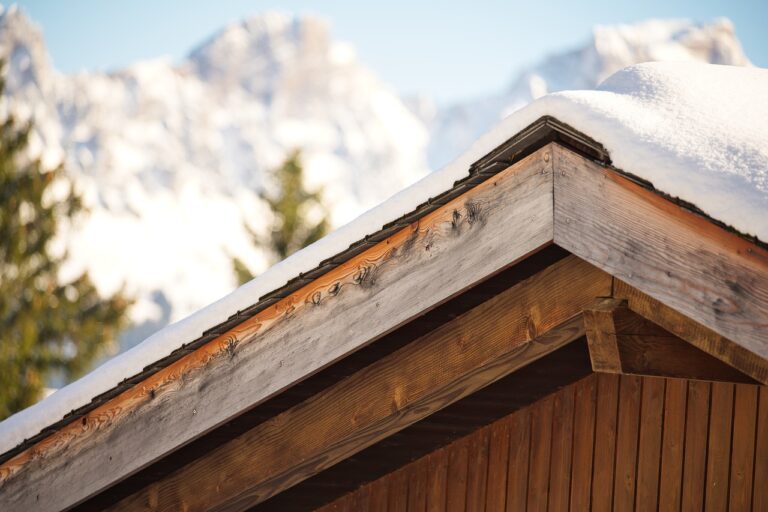Driveway Repair: Addressing Cracks and Potholes: Cricket bet 99 login, Sky11 live, Reddy book id
cricket bet 99 login, sky11 live, reddy book id: Driveway Repair: Addressing Cracks and Potholes
Are you tired of looking at the cracks and potholes in your driveway? Do you cringe every time you pull into your driveway and have to navigate around the uneven surfaces? Driveway repair may seem like a daunting task, but with the right guidance, you can tackle those cracks and potholes with ease. In this blog post, we will discuss the common causes of driveway damage, how to repair cracks and potholes, and provide tips for preventing future damage.
Causes of Driveway Damage
Before we dive into how to repair cracks and potholes, it’s important to understand what causes driveway damage in the first place. There are several factors that can contribute to cracks and potholes in your driveway. The most common causes include:
1. Weather: Extreme temperatures, fluctuations in temperature, and moisture can all take a toll on your driveway. Freeze-thaw cycles can cause the ground beneath your driveway to expand and contract, leading to cracks and potholes.
2. Age: As your driveway ages, it is natural for it to show wear and tear. Over time, the materials used to construct your driveway can break down, leading to cracks and potholes.
3. Poor installation: If your driveway was not properly installed in the first place, it is more likely to develop cracks and potholes. Improper drainage, inadequate base materials, and poor compaction can all contribute to driveway damage.
Repairing Cracks and Potholes
Now that you understand the causes of driveway damage, let’s discuss how to repair cracks and potholes in your driveway. There are several methods you can use to address these issues, depending on the severity of the damage. Here are some common repair techniques:
1. Fill cracks: For small cracks in your driveway, you can use a crack filler to seal the gaps. Make sure to clean out the crack before applying the filler to ensure a proper seal.
2. Patch potholes: If you have larger potholes in your driveway, you can use a pothole patch to fill in the damaged area. Make sure to follow the manufacturer’s instructions for the best results.
3. Resurface: If your driveway has extensive cracks and damage, you may need to consider resurfacing the entire driveway. This involves applying a new layer of asphalt or concrete to give your driveway a fresh look.
4. Seal coating: To prevent future damage and extend the life of your driveway, consider applying a seal coat. This protective layer helps to seal out moisture and protect your driveway from the elements.
Preventing Future Damage
Once you have repaired the cracks and potholes in your driveway, it’s important to take steps to prevent future damage. Here are some tips for maintaining a healthy driveway:
1. Regular maintenance: Keep an eye on your driveway and address any issues as soon as they arise. Regular maintenance can help prolong the life of your driveway and prevent costly repairs.
2. Proper drainage: Make sure your driveway has adequate drainage to prevent water from pooling and causing damage. Consider installing a drain or creating a slope to direct water away from your driveway.
3. Avoid heavy vehicles: Try to avoid parking heavy vehicles on your driveway, as this can put extra stress on the surface and lead to cracks and potholes.
4. Trim trees and shrubs: Overhanging trees and shrubs can drop leaves, branches, and sap onto your driveway, causing damage over time. Keep your landscaping in check to prevent driveway damage.
FAQs
Q: How long does driveway repair typically take?
A: The time it takes to repair your driveway will depend on the extent of the damage. Simple crack repairs can be done in a day, while more extensive repairs may take several days.
Q: Can I repair my driveway myself, or should I hire a professional?
A: Small repairs, such as filling cracks, can often be done by homeowners. However, for larger repairs or resurfacing, it’s best to hire a professional contractor with experience in driveway repair.
Q: How often should I seal coat my driveway?
A: It is recommended to seal coat your driveway every 2-3 years to protect it from the elements and extend its lifespan.
In conclusion, addressing cracks and potholes in your driveway can seem like a daunting task, but with the right knowledge and tools, you can easily tackle these issues. By understanding the causes of driveway damage, using the right repair techniques, and taking steps to prevent future damage, you can maintain a healthy and attractive driveway for years to come. Remember, regular maintenance is key to keeping your driveway in top condition.







